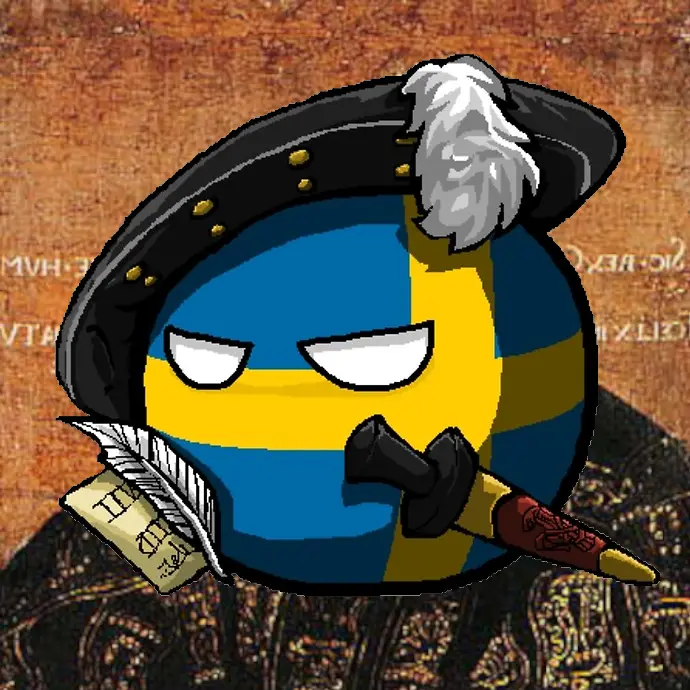- cross-posted to:
- memes
The easy way to be correct 80% of the time is to apply sexism.
Latviešu seems like the same
Finnish is so easy; anything is “it”, including humans.
Only exception is pets and sometimes other people’s kids unless they’re annoyingI assume a washing machine is female in that case.
All machines are. I’d say it’s at least 90% completely arbitrary, what makes streets, tables, power, or cars feminine? What makes some countries feminine and some masculine? The only thing you could believably argue that it’s historic sexism is job titles, because most of them are masculine with derived feminine words.
deleted by creator
What ? All machines are female?
Une machine à laver ok, but un lave linge, un lave vaisselle, un sèche linge, un robot de cuisine, un four…
Hell I can think of more “males” than “females” machines.
All “machine à […]” are female.
Yes because the word machine is female.
robot de cuisine
I don’t speak French but I may integrate this into my daily vocabulary.
They’re okay, this one is a classic.
I guess the English equivalent is “trying to remember how to pronounce"ou” in this word"
This guy’s English class videos are great: https://www.youtube.com/watch?v=rXW3Xk_cLag
They’re all the same, but I smile every time.
Reminds me of learning German.
I’d argue German is harder for genders (there are 3 with neutral). It’s nice that german at least pronouncs every letter in the word
And boy do those words have letters
Theyre just the same words chained together in most cases. So “my favorite food” becomes "my favoritefood. Once you get the general vocabulary the longer words aren’t too jarring
It’s better when you already know a language with a three gender system when you’re learning
Im very lucky i know french, it helps a lot more than English
Not all letters are voiced. All c in sch are silent. Seemingly half of all h are silent. One s in dass is silent and therefore incorrectly sound the same as das (which is a different word). Sometimes an s is sharp sometimes it’s soft.
Gender of nouns are mostly arbitrary. Yeah there are some rules for some of them depending on the ending syllables but that only increases confusion. But then there’s stuff like der/die/das Joghurt (the yogurt) where all(!) genders are allowed. And then there’s stuff like der Modul and das Modul which are completely different things and only distinguishable by gender.
Also gender is a pretty stupid word for word classes. Because it’s just that: A group of words that behave grammatically the same. They have nothing to do with genders derived from biology. The third case isn’t even neutral, a common error that most people (even Germans) aren’t aware of. It’s ne-utrum which means neighter. In the past there was a forth case utrum which means both. And if we got further into the past there were much more word classes. There are languages out there that have 16+ word classes. Nobody even thinks about genders there.
German learners should always learn the article together with its noun (das Auto) to know the gender or get burned forever by the gender mess.
Fu -ish facts: bra is feminine, purse is masculine, mustache is feminine, boobs is masculine, dick is feminine, vagina is masculine, love is masculine when singular and feminine when plural.
Don’t look for meaning or logic, our langiage is a clusterfuck (that ot transactivists have been working at it for centuries and doing a great job).
Have fun learning and remember no native speaker cares if you misgender an item, we usually find it funny and/or cute ;)
My mom is Dutch but lives in France
She speaks and writes better French than 99% of Frenchmen. Better than me, and I was born here
But once in a while (excessively rarely, maybe 5 times a year) that brainiac will use the wrong gender. And boy does it sound weird
Meanwhile even the dumbest of Le Pen voters will always get it right
There’s no mastering it if you’re not native
I dunno about French, but machines are usually female.
They’re female in french. La machine.
just learn some dialect where they largely drop the genders, there’s gotta be one, and as a bonus i’m sure you’ll sound slightly more native
Yeah, nah. It’s not like in Scandinavia where half the dialects lost the feminine and half the others look at you like you killed their mother for saying “en bok”.
Most French “dialects” vary mostly in prononciation and a few regional words or expressions. Partly because French is a heavily regulated language, and partly because most dialects are relatively recent anyway. In the early 20th century the central government erased all regional languages and forced standard French on all society.
There are some memory techniques where you tell yourself a story about the word where you can use some particular person, action, or object to represent the gender. Though these techniques work better if you have the ability to visualize. So for words that are female gender, you could always put your sister in the story, and for the male gendered words your uncle always appears.
Ohh that’s a new tip for me, thanks! At this point I’m ready to try even a ritual…
deleted by creator
It’s objectively insane to gender an entire language the way french is.










